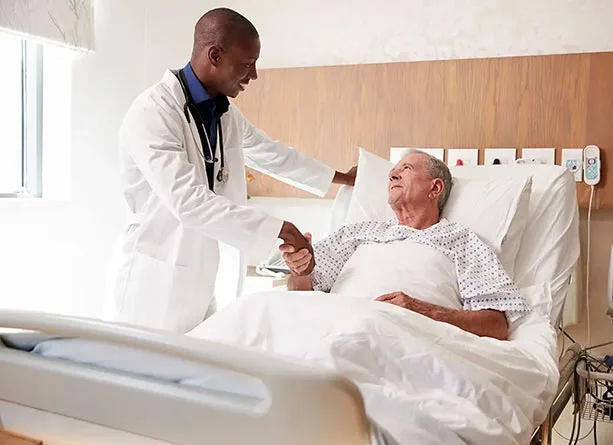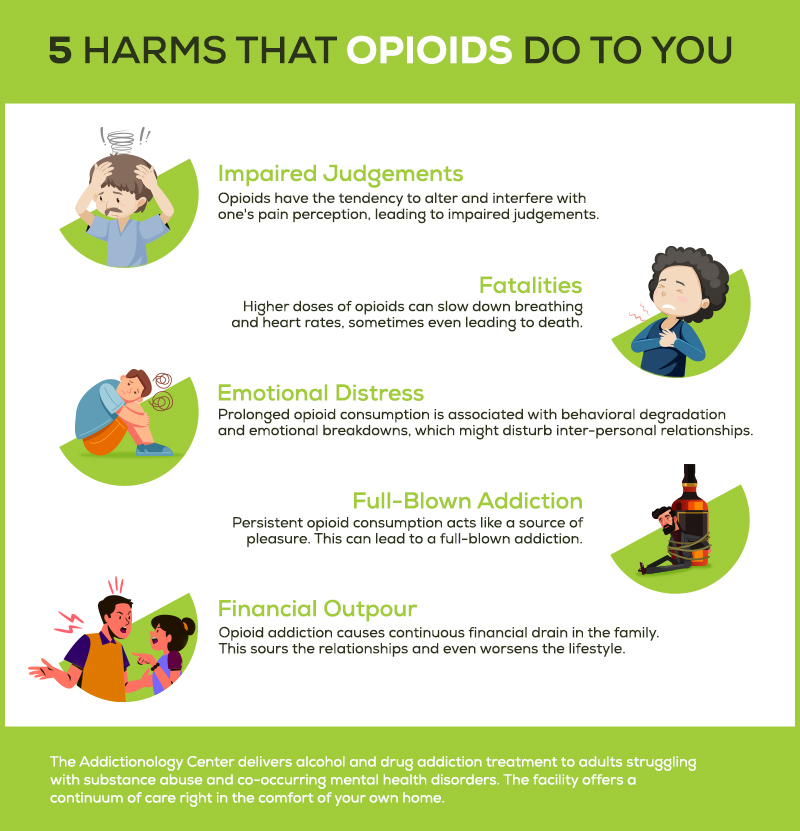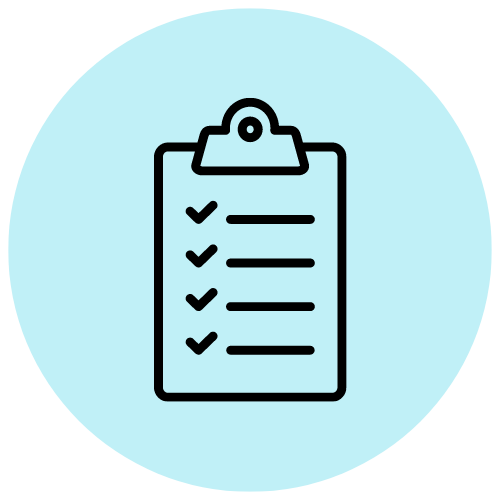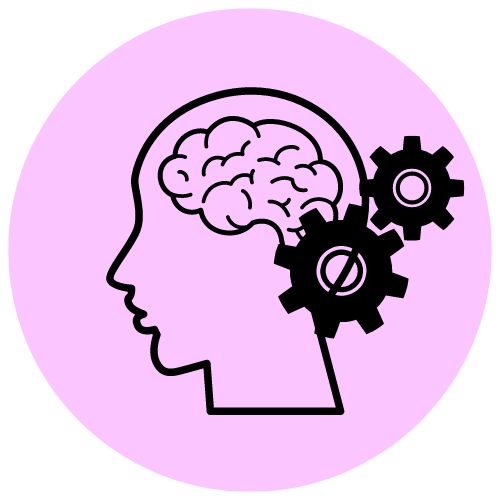Opioid Addiction Treatment
Misuse of opioids has become a major problem in the United States and has led to a rapidly growing epidemic of opioid addiction. The consequences of this addiction are severe and can worsen with each passing day. However, there is hope for those struggling with opioid addiction. Effective opioid addiction treatment programs, such as opiate replacement therapy and medication-assisted treatment for opioid use disorder, are available to help individuals overcome their addiction and reclaim their lives. At the Addictionology Center, our team of experts is dedicated to guiding individuals on their journey to recovery and providing the support and resources needed through our opioid treatment programs to achieve long-term sobriety. Don’t wait, take the first step towards a brighter, opioid-free future and contact us today to learn more about our opioid treatment programs.
Statistics
22-35% of “misusers”

Opioids
Types of Opioids

Codeine

Fentanyl

Hydromorphone

Meperidine


What We Offer
Suboxone is a brand name medication commonly prescribed by clinicians to treat opioid use disorder.

Appointments
Schedule your appointment with our experts today!
Is There A Way To Identify Opioid Use Disorder?
Physical Changes

Restricted pupils

Shallow breathing

Nausea, vomiting

Constipation

Continuous scratching

Drowsiness, lacking energy

Suddenly nodding off or losing consciousness

“Track marks” or scars from use of needles

Withdrawal Symptoms?

Muscle
Aches

Anxiety &
Restlessness

Tears &
Runny nose

Blurry
vision
Is There A Way Of Treating Opioid Addiction?
Our Services

Our Programs
Telehealth Treatment
Medication Assisted Treatment
Dual Diagnosis
Outpatient
Suboxone

Our Therapies
Individual
Group
Behavioural
Solution Focused
Trauma EMDR
Why Get In Touch With Us ?
Addictionology Center offers you the uniquely designed Telemedicine Addiction Program, Behavioral Support & Medication Assistance that covers you comprehensively. There is an overwhelming fear that those coming for guidance have a slight chance at recovery, a better life, and everyday existence. They believe they cannot achieve the benefits described to them. Many people believe they are unique from those who have attained a better quality of life. They are unable to visualize life without booze or drugs. These same people have been led by us to places they never imagined were possible. Over time, these people understood that every service provided serves a purpose and that they could greatly improve their lives by simply cooperating with their team and abiding to the plan they helped develop.

Accessible
Our telehealth program makes it easier for you to receive treatment right in the comfort of your own home without traveling to a physical location.

Convenient
Our online substance abuse treatment program allows you to schedule appointments at a convenient time.

Personalized
Our telehealth program offers a customized addiction treatment program tailored to your specific needs, helping you to achieve the best possible outcome.
